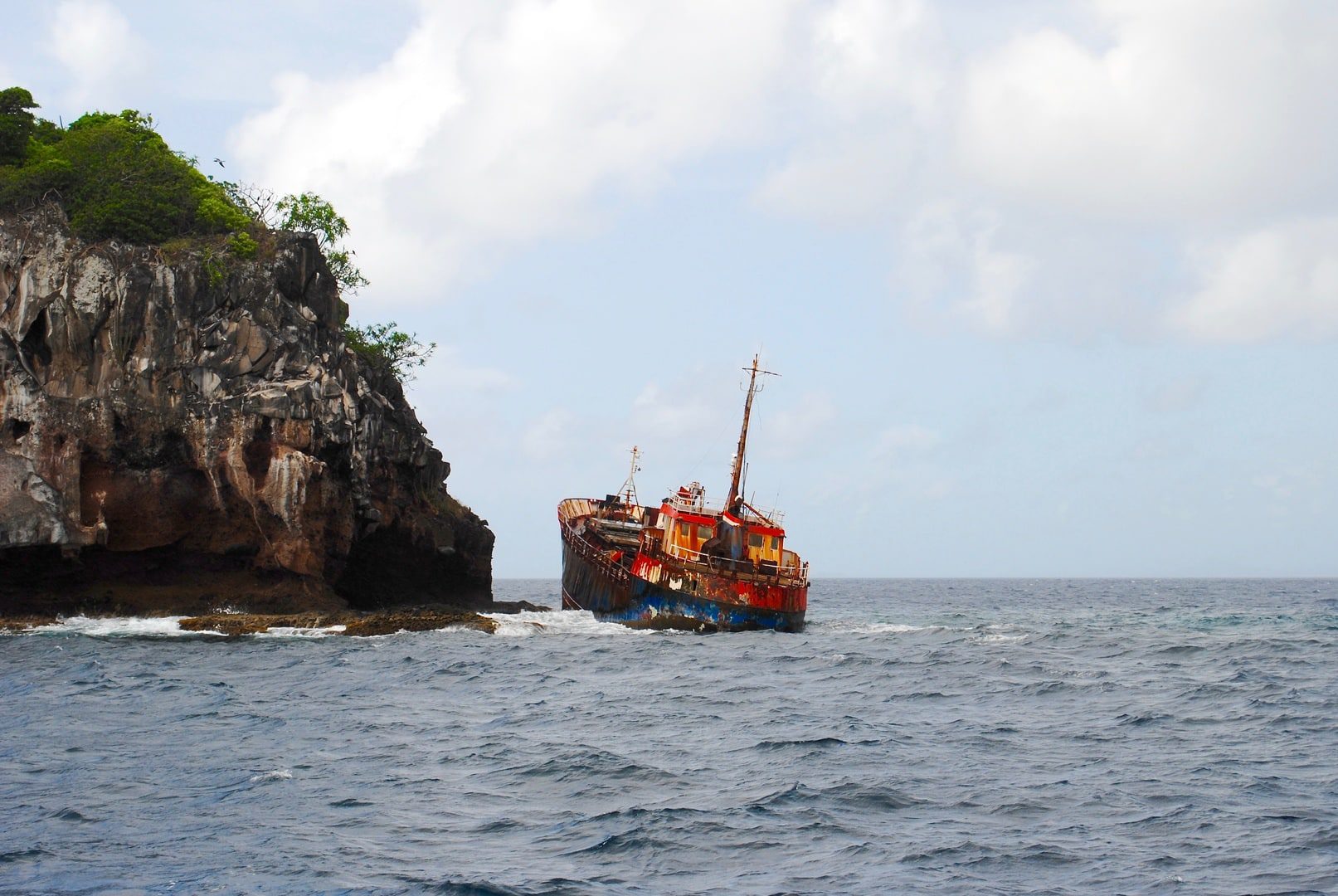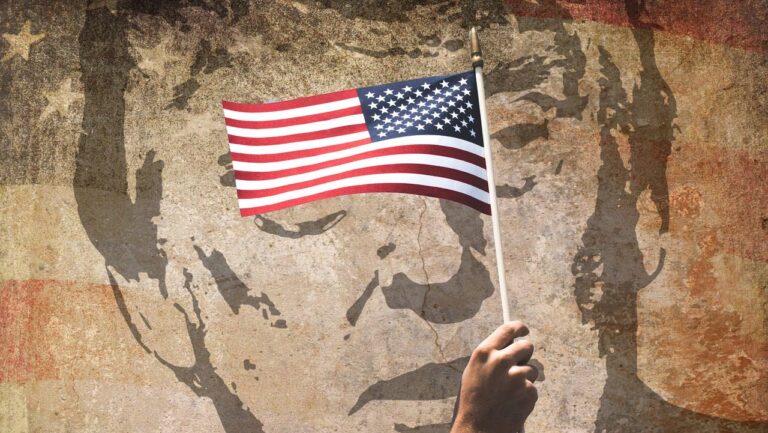The latest loss of life on the English Channel last week has intensified already strained relationships between France and Great Britain. On November 24, 2021, twenty-seven migrants were killed when their boat sank. This tragedy has aroused the indignation of the French government and President Emmanuel Macron, who refuses, according to his words, to see the Channel “become a cemetery.”
The UK has denied any blame for the deaths. However, French Interior Minister Gerald Darmanin believes the UK is entirely responsible for the deaths because of its inadequate migration policy. Darmanin clarified this point in a statement made on November 29, when he noted the absence of “a legal route for immigrants to go to Great Britain.”
According to Darmanin, the UK has a labor market that ‘lures’ migrants. He argues that unless the UK diminishes the attractiveness of its territory, such advertising will continue to be a ‘call to action’ for migrants, who will dare the perilous crossing across the Channel.
On Monday, France’s Minister for European Affairs, Clement Beaune, said that “there is an economic model [in the UK] that is sometimes quasi modern slavery,” as reported by Bloomberg.
Each year, 30,000 asylum applications are registered in the UK. Darmanin declared that it was time for the UK to change its immigration laws, an interference that is not likely to be well received in London.
As a practical response to this thorny situation, France has withdrawn the meager support it once provided to Channel immigrants. French police officers have been instructed not to intervene in migrant crossings—even in cases of rough weather, a compromised vessel, or smuggler maleficence against the children and elderly who are sometimes thrown into the sea.
NGOs and EU neighbors have denounced France’s harshness but, in truth, no country intends to welcome the migrants who fail to achieve their goal of landing on English shores. As for the UK’s response, Prime Minister Boris Johnson has proposed a plan to Emmanuel Macron, posted on Twitter, that encourages France to increase common patrols, technical support, and develop an agreement in favor of the readmission of migrants back to France. This solution has been considered as an affront by the French.





